Projects
Individual Development
To the project browser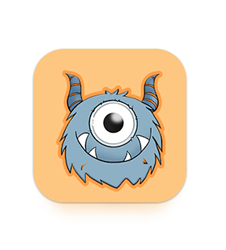
PROMPT
The PROMPT project is developing an evidence-based, child-friendly prototype of a learning planner application to support students in self-regulated learning with digital media. The final version of the prototype will be made freely available for widespread use.
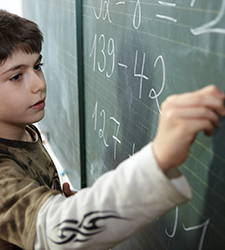
PERLE
The PERLE project is investigating whether computer-supported development of mathematics didactic competences leads to an improvement in early childhood education professionals’ ability to recognise and plan action.
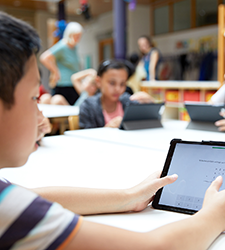
NawiSelf*digital
The aim of the project is to investigate the effectiveness of teaching units for primary school science that integrate the use of digital media.

LONDI 2
LONDI is an online platform for the diagnosis and support of children with learning disabilities. The collaborative project LONDI 2 is investigating how the online platform can be used and evaluating this process. The aim is to disseminate the platform widely and enable its effective and sustainable use, particularly in primary schools, but also in therapy and by parents.
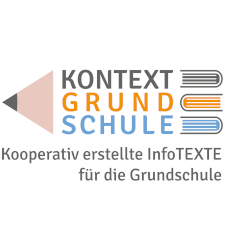
KONTEXT Grundschule
The “KONTEXT Grundschule” project is creating an information website for primary school teachers. Teachers and researchers are working together to produce information texts on current and practically relevant topics related to the promotion of low-achieving pupils.
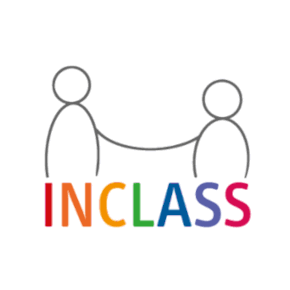
INCLASS
The INCLASS project is developing an application-oriented set of tools for the inclusion of autistic children: a training platform for teachers, a self-assessment tool for the (self-)evaluation of competences in teaching children on the autism spectrum and a smartphone app for the identification of individual barriers.
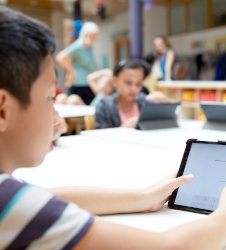
FLINK
The FLINK project is investigating a computer-based fluency training programme. Children in the middle and lower reading achievement range in grades 3 to 6 can complete up to 54 training units in one school year. The training is accompanied by regular progress diagnostics and can be completed largely independently.
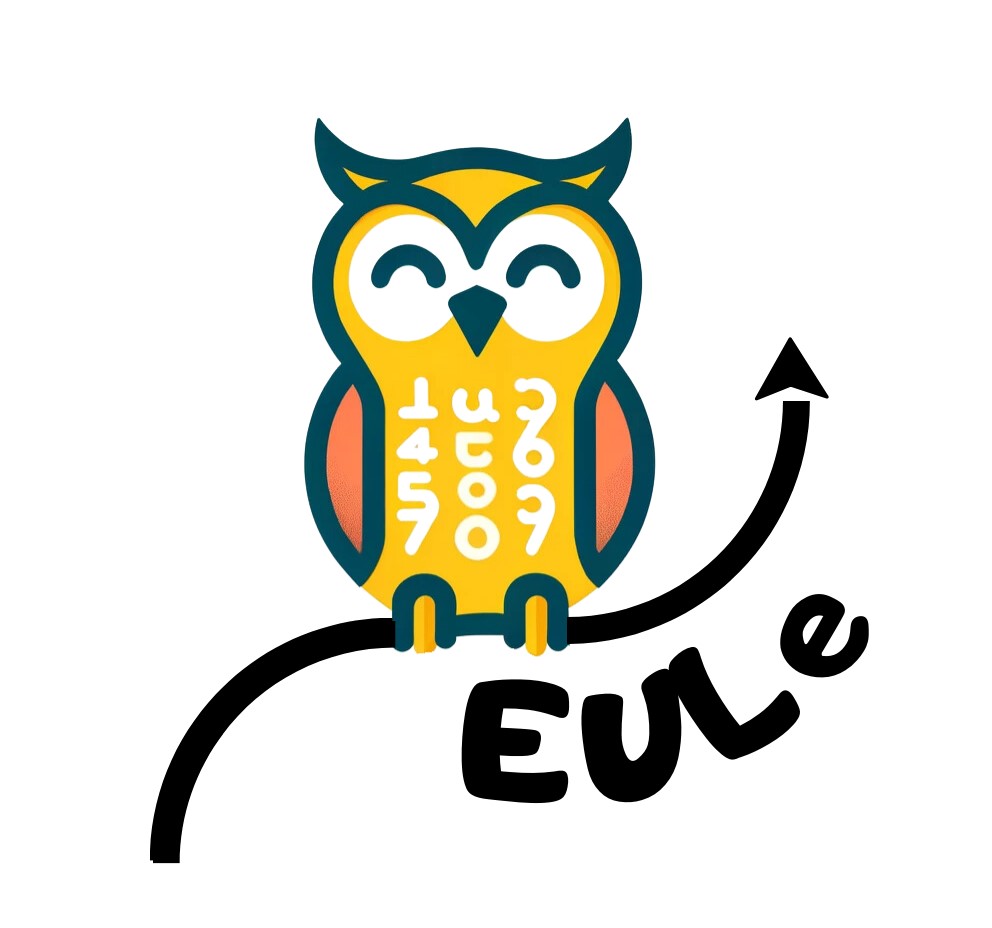
EULe
The project “EULe – Erfolgreich Unterrichten mit Lernverlaufsdiagnostik” aims to support 10 primary schools in North Rhine-Westphalia in developing and implementing school-specific, data-based and adaptive support concepts based on learning progression diagnostics.
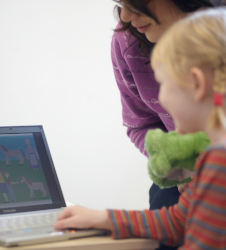
DigitLern
The DigitLern project aims to explore the opportunities and challenges of (digital) distance learning and teaching during the coronavirus pandemic for children and young people with learning difficulties.
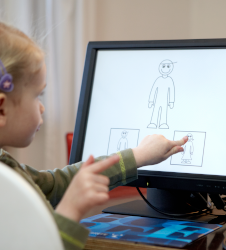
AppLeMat
The AppLeMat project aims to develop and evaluate a therapeutic, tablet-based application as an adjunct to learning therapy.